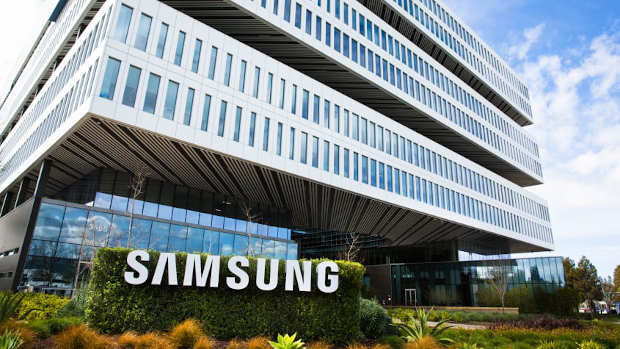
Samsung expects significant increase in quarterly profit but experts disagree
Analysts expect Samsung Electronics to report a significant increase in quarterly profit, driven by a rebound in demand for chips. However, the pace of recovery is predicted to slow as Samsung struggles to take full advantage of the artificial intelligence (AI) boom.
The expected operating profit for the quarter ending 30 September is about 10.33 trillion won ($7.67 billion), which represents a significant increase from last year’s figure but remains relatively stable from the previous quarter. The global semiconductor market, fueled by AI server chips, is recovering. However, demand for conventional chips for smartphones and PCs is slowing.
Samsung faces the challenge of keeping pace with competitors such as SK Hynix and Micron in supplying high-end AI chips to companies such as Nvidia. It is also facing increasing competition from Chinese rivals in the standard chip market.
Although Samsung’s core chip division is expected to return to profitability and reach 5.5 trillion won, it is down 15% from the previous quarter. This decline is partly due to provisions for employee bonuses. Experts stress that Samsung’s delayed response to the higher-margin AI chip market and its greater exposure to China and traditional mobile chips compared to competitors make it more susceptible to geopolitical risks and weaker demand.
There is concern that Samsung could lose its position as a leading dynamic random access memory (DRAM) vendor if there is a downturn in the commodity DRAM market. This potential vulnerability stems from its greater reliance on conventional DRAM supplies, which could have a greater negative impact on the company than on SK Hynix. These predictions contrast with Micron’s recent performance, where the company beat Wall Street estimates and reported record revenue thanks to strong demand for AI-related memory chips.
Samsung’s non-memory chip business, including chip design and contract manufacturing, is expected to continue to post losses in the third quarter due to stiff competition from market leader TSMC, which has customers such as Apple and Nvidia.
In addition to the challenges for Samsung, sales of premium foldable phones are expected to fall short of expectations, putting pressure on profits as the company faces increasing competition from Chinese brands such as Huawei.
Business AM








Subscribers 0
Fans 0
Followers 0
Followers